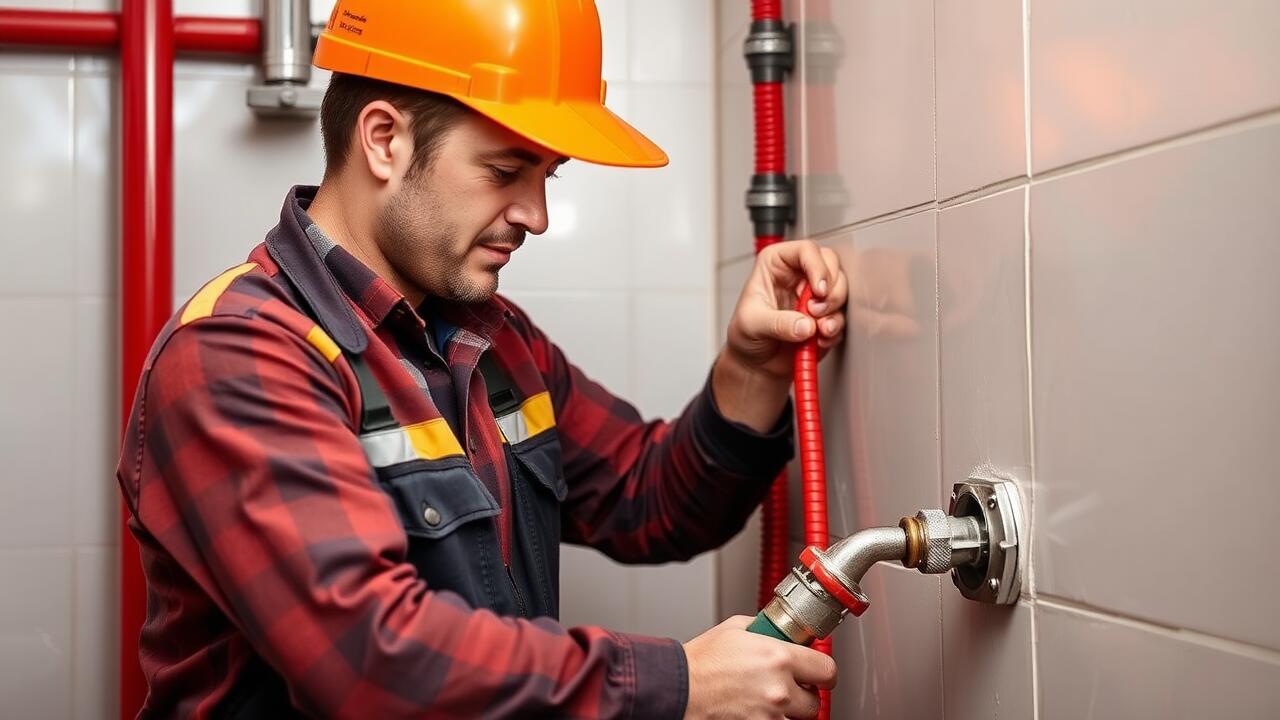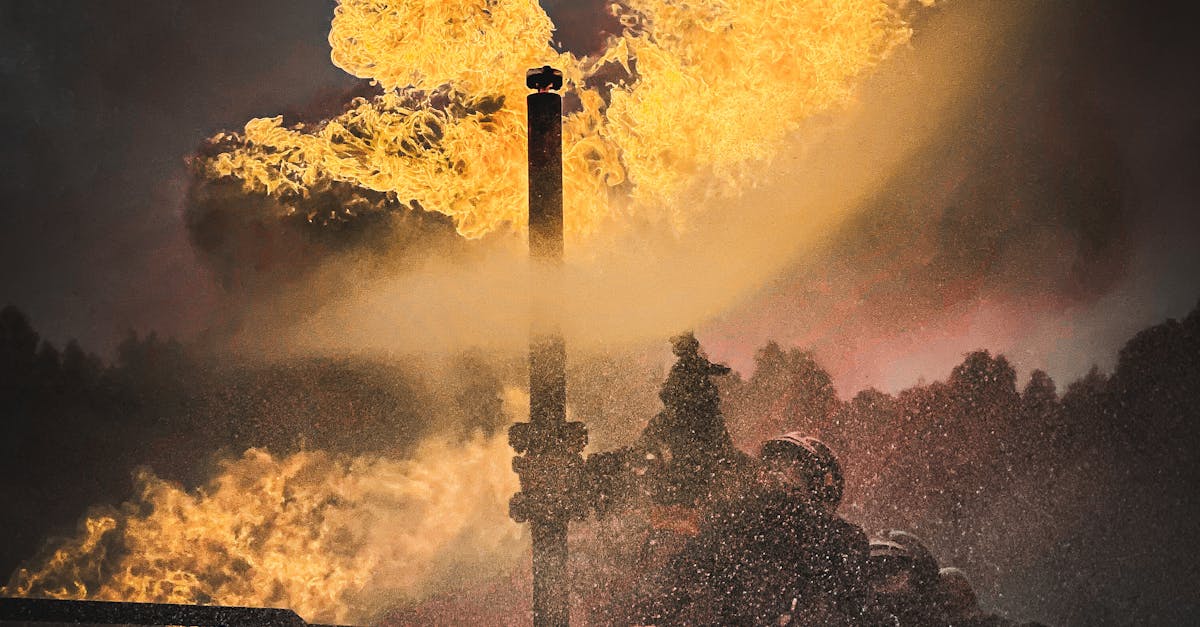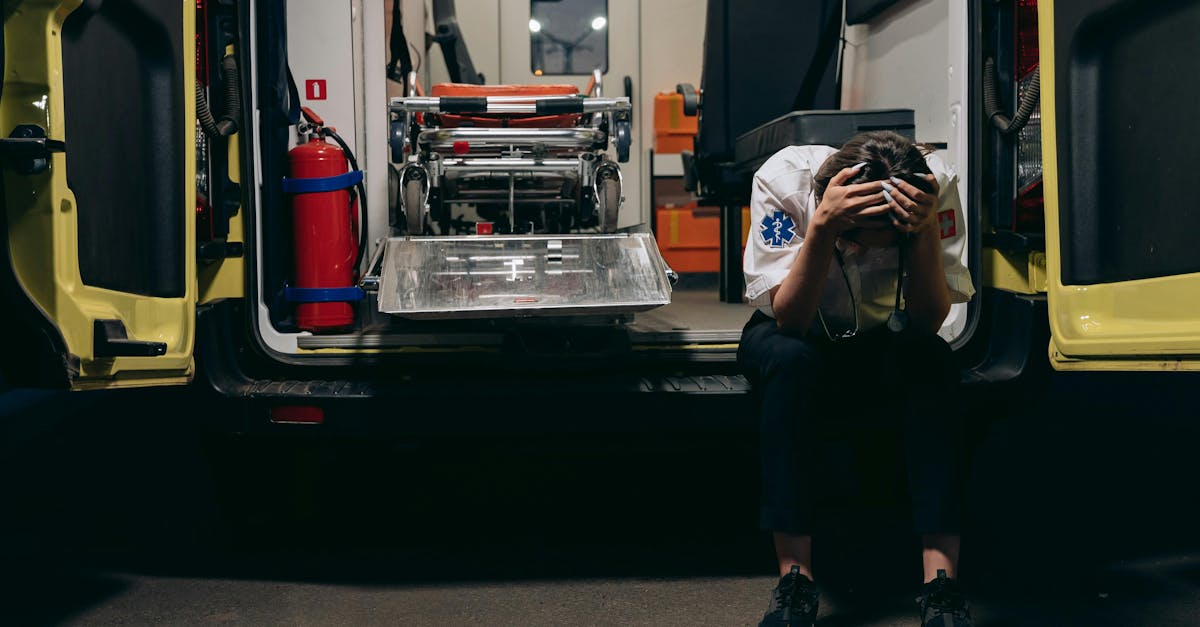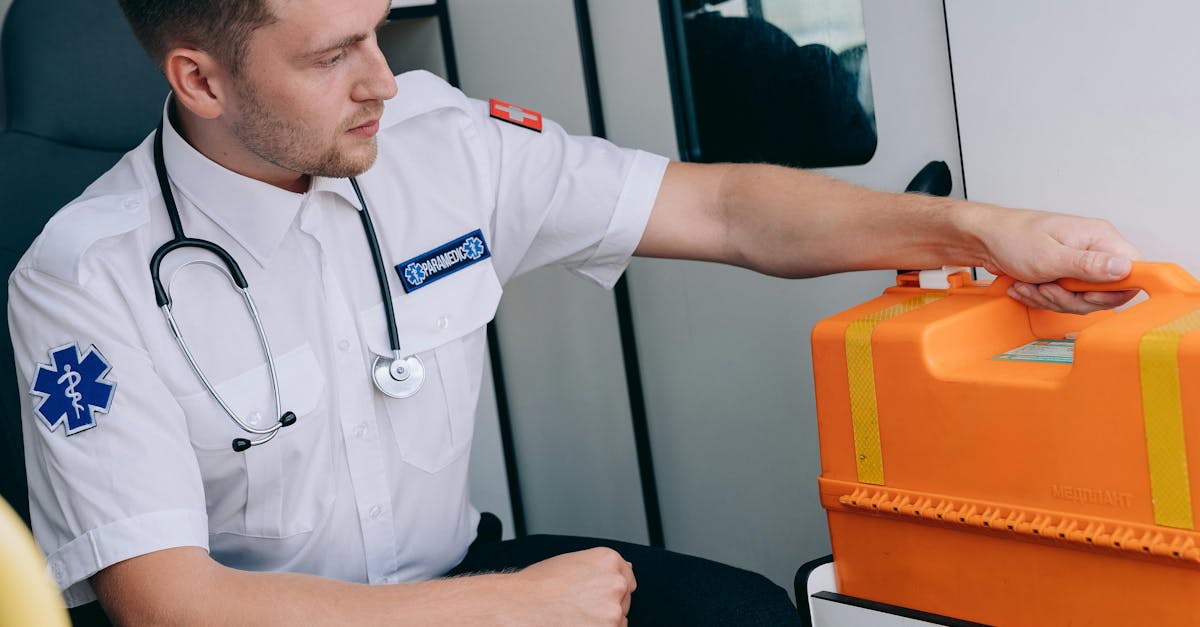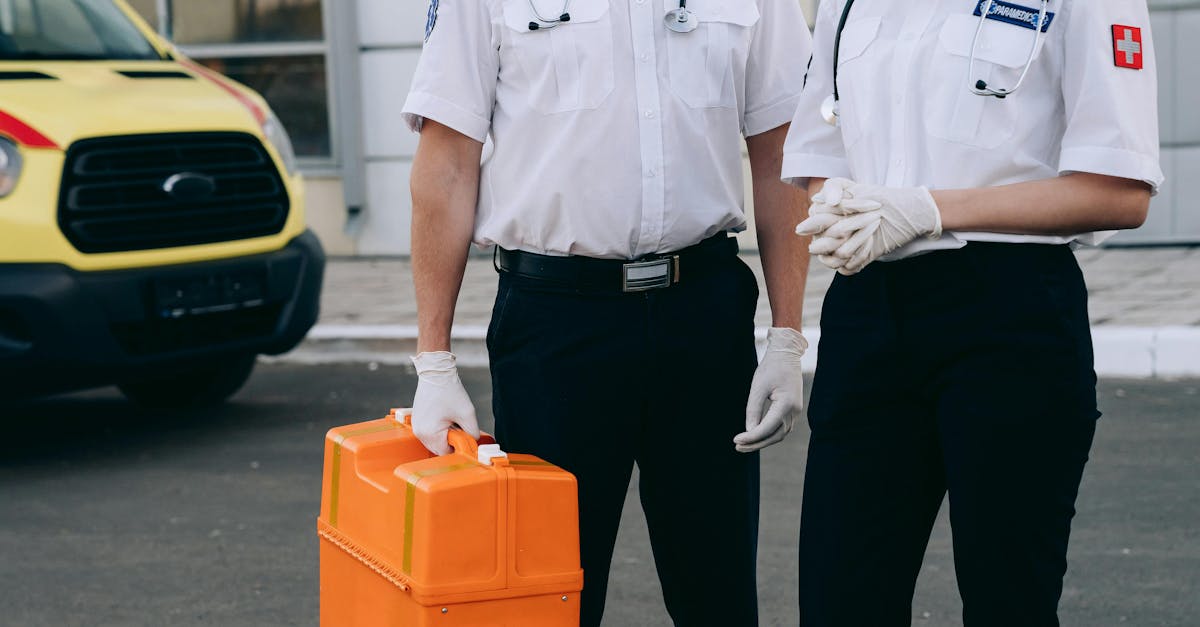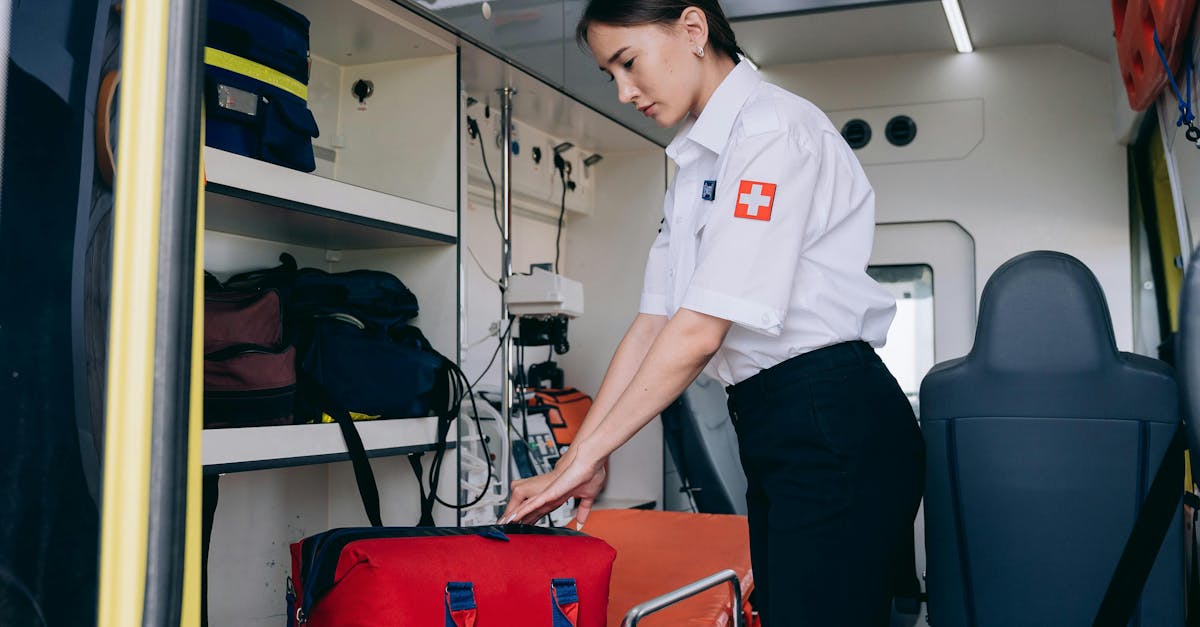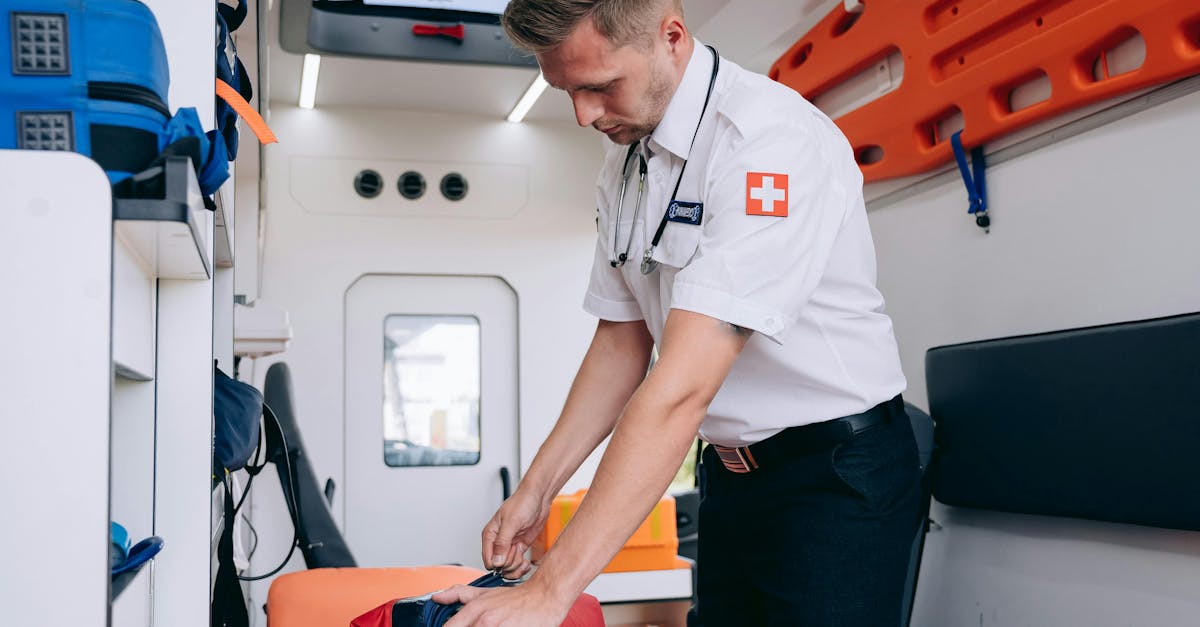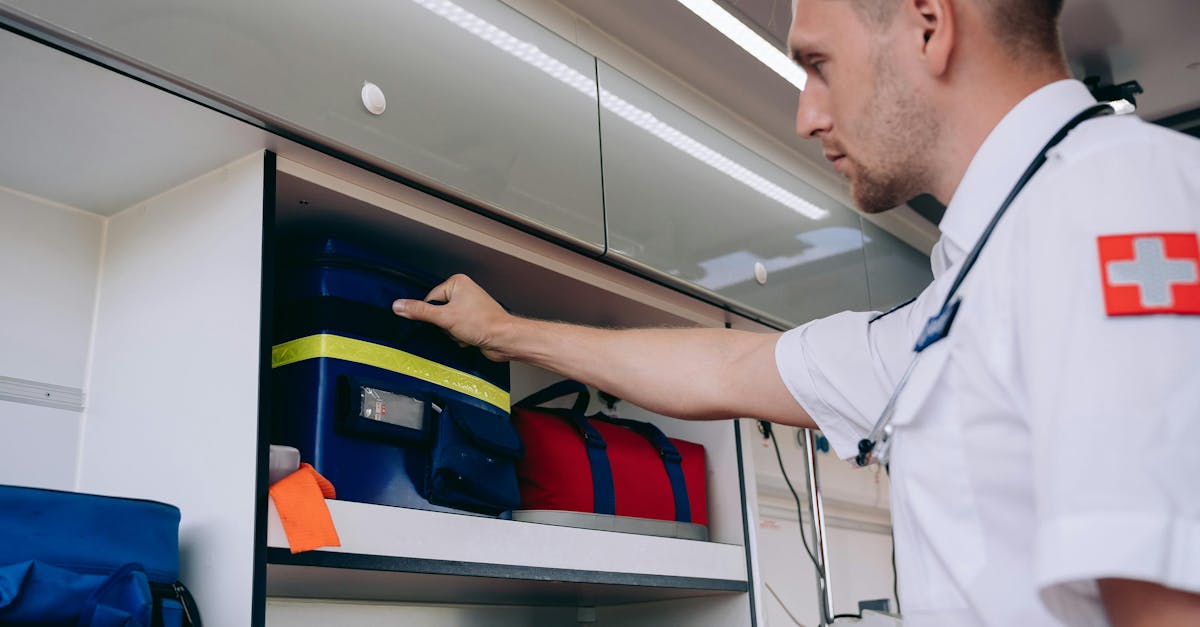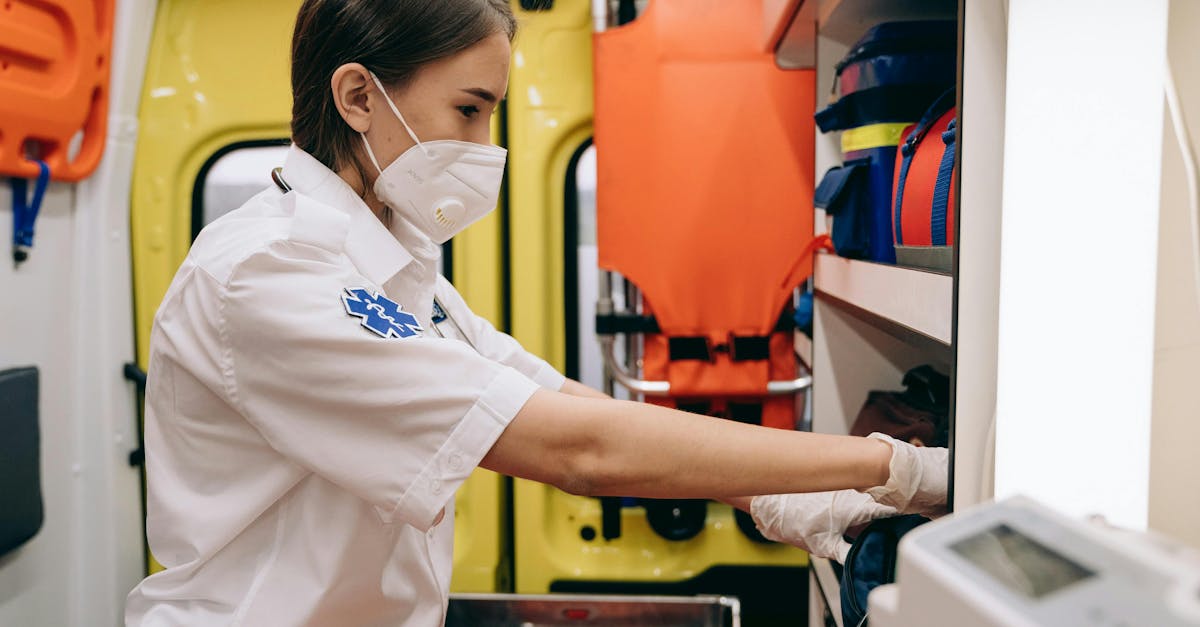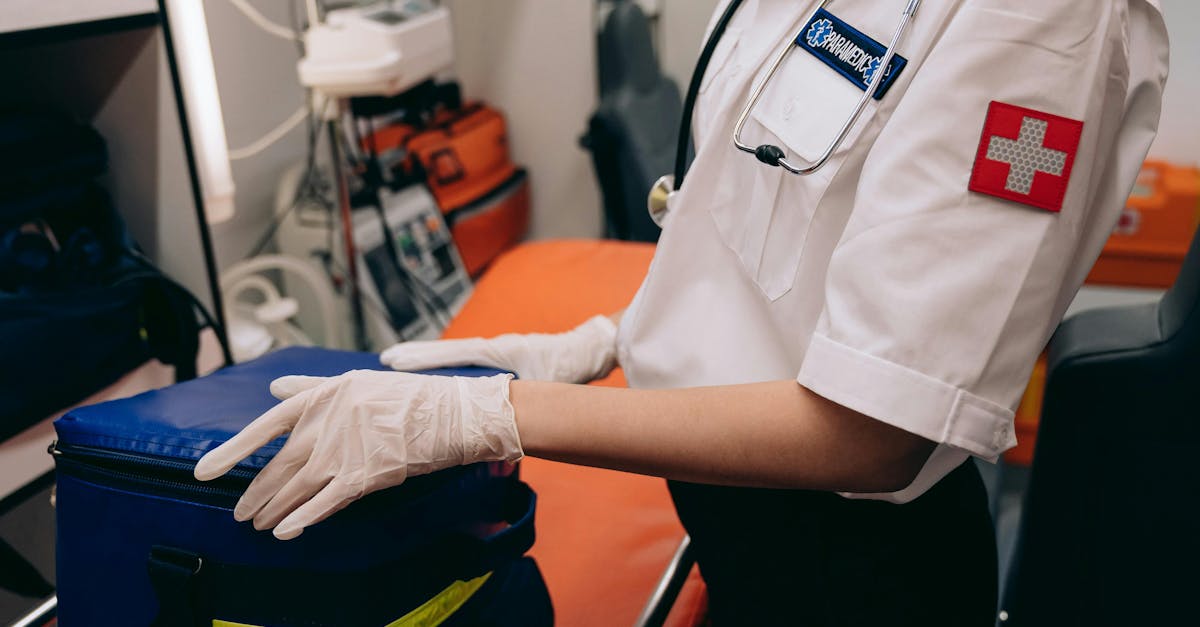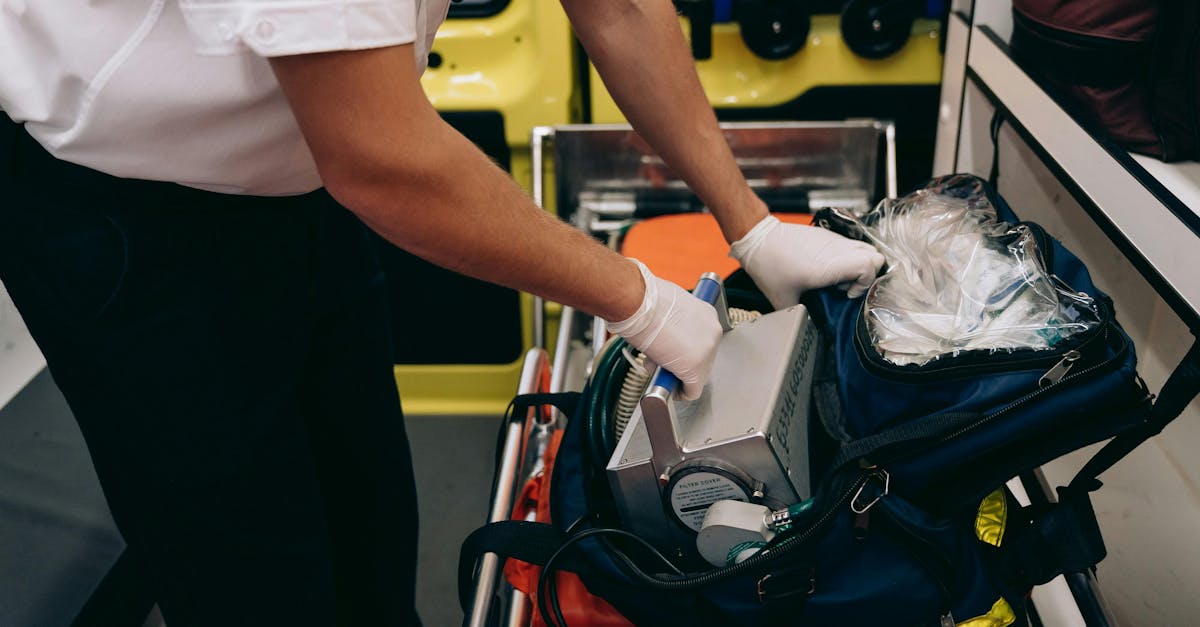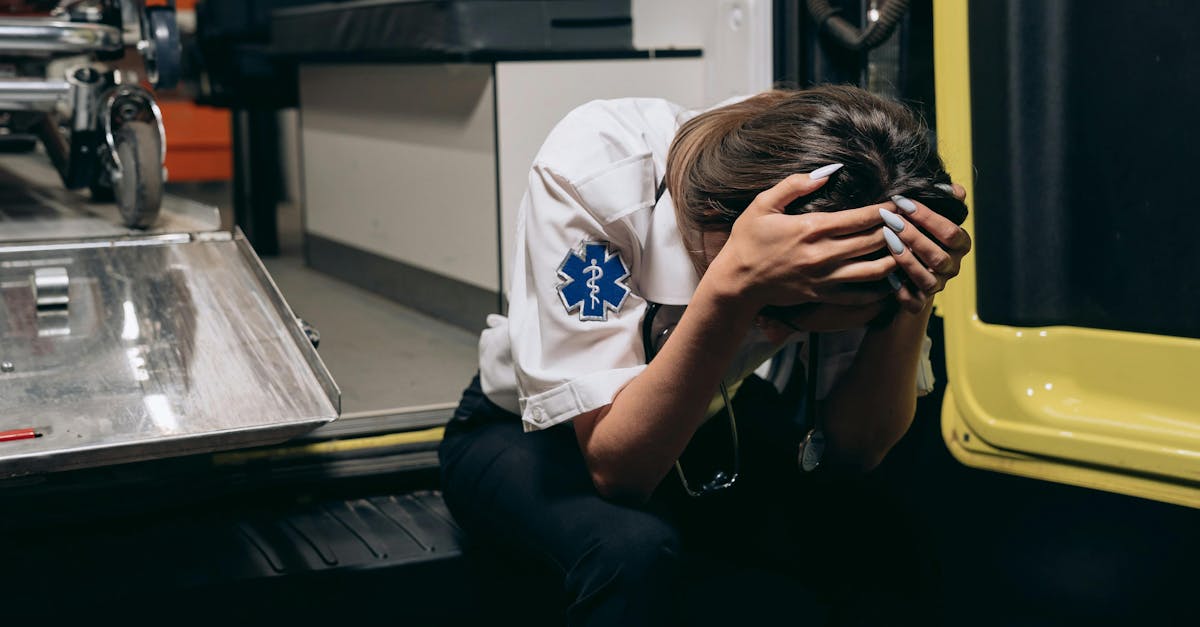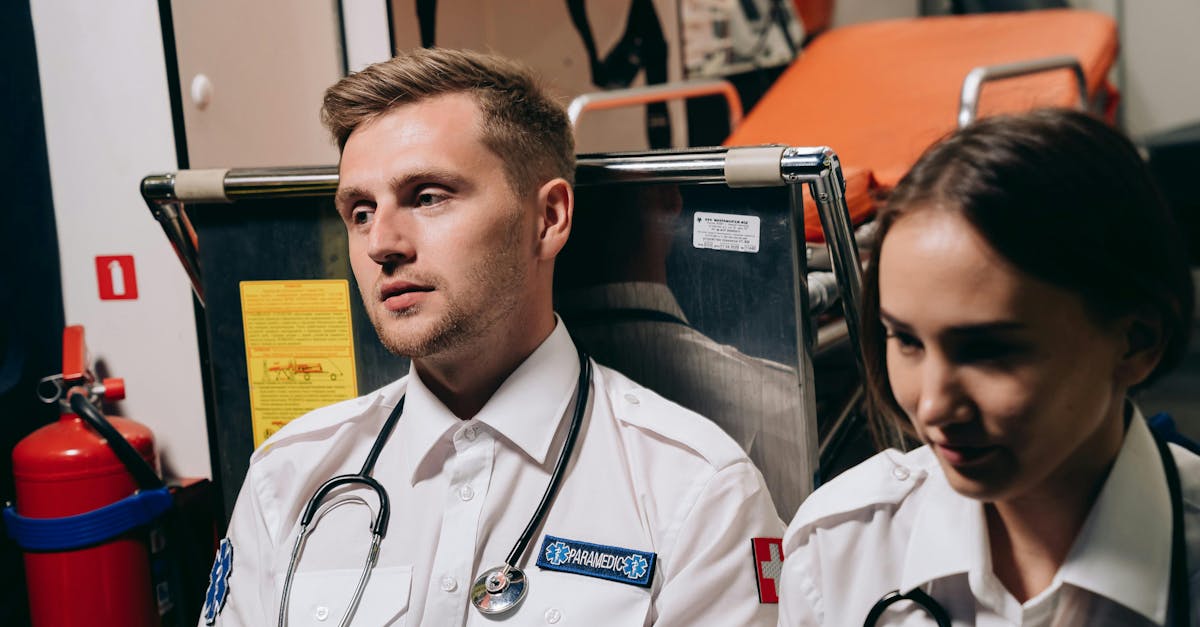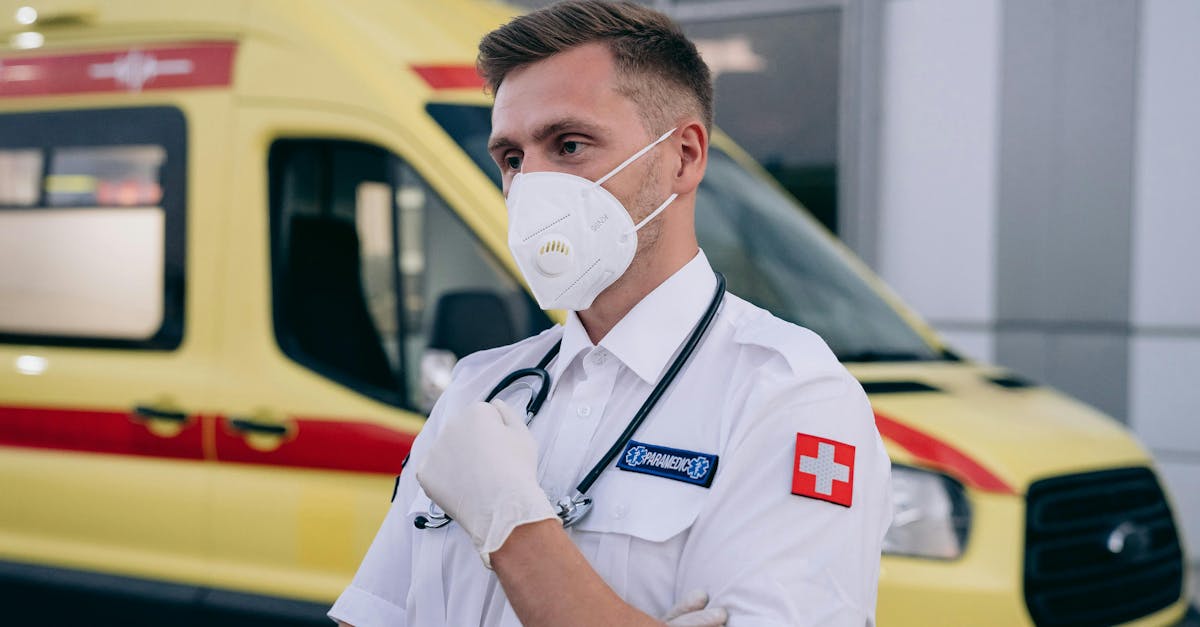
Table Of Contents
Flushing the Hot Water System
Flushing the hot water system is an essential maintenance task that can help restore proper water flow and temperature. Sediment and mineral deposits can accumulate within the tank over time, leading to reduced efficiency and performance. A thorough flush removes these buildups and ensures that the system runs smoothly. Regular flushing is advisable, especially in areas with hard water, to prolong the lifespan of your hot water system.
If you're unsure about performing a flush yourself, it's wise to consult a hot water plumber. They have the expertise and tools needed to carry out the task safely and effectively. A professional can also identify any underlying issues during the process, offering peace of mind that your system will operate efficiently moving forward. Regular maintenance performed by a qualified plumber can save both time and money in the long run.
Removing Sediment Buildup
Sediment build-up in a hot water system can significantly impair its efficiency and performance. Over time, minerals and debris can accumulate at the bottom of the tank, leading to reduced heating capacity and even causing leaks. If you notice unusual noises or a decrease in hot water supply, it may be time to check for sediment accumulation. Regular maintenance and flushing of the tank help prevent these issues. Consulting a hot water plumber can provide additional insights on the frequency of flushing required for your specific system.
When addressing sediment build-up, it’s essential to follow the proper flushing procedure. First, ensure the power or gas supply to the unit is turned off for safety. Disconnect the cold water supply and connect a hose to the drain valve located at the bottom of the tank. Open the valve and allow the water to flow, ideally until it runs clear. This process should help eliminate any sediment that has settled. For those unfamiliar with the procedure, hiring a hot water plumber can ensure it is done correctly and efficiently, reducing the risk of damaging the system.
Investigating Gas Supply (for Gas Systems)
Gas hot water systems rely heavily on a consistent gas supply to function effectively. If the system is not operating properly, the first step is to check the gas supply. Inspect the gas line for any obvious issues, such as leaks or disconnections. A qualified hot water plumber can help identify possible faults in the gas line and ensure that it is securely connected to the system. Additionally, checking the gas meter for any abnormalities can provide insights into whether the issue stems from the supply itself.
Proper gas flow is essential for the efficient operation of your hot water system. If there are issues with the pressure regulator or the shut-off valve, they could hinder gas flow and prevent the system from igniting. It's advisable to have a qualified hot water plumber assess these components, as they have the expertise to diagnose and rectify potential gas flow problems safely. Regular maintenance checks can help keep the gas supply running smoothly and avoid unexpected outages.
Ensuring Proper Gas Flow
Proper gas flow is crucial for the efficient operation of any gas hot water system. First, you should inspect the gas supply line for any visible signs of damage or leaks. A gas leak can be dangerous and requires immediate attention from a qualified hot water plumber. If the supply line appears intact, ensure that the gas valve is fully open.
Additionally, it is important to check the connections leading to the hot water system. If there are any obstructions or irregularities, they could hinder the gas flow, affecting the system's performance. Regular maintenance by a certified hot water plumber can help prevent these issues, ensuring consistent and safe gas supply to your hot water system.
Evaluating the Plumbing Connections
When facing issues with hot water, it's essential to evaluate the plumbing connections thoroughly. Over time, pipes can develop blockages due to mineral build-up or debris, which can hinder water flow. Inspecting joints, valves, and fittings for leaks or obstructions can help identify any underlying problems. A qualified hot water plumber should be able to assess the system efficiently and offer insights into necessary repairs.
In addition to checking for blockages, it’s crucial to ensure that all connections are secure and properly sealed. Loose fittings can lead to leaks that not only disrupt hot water supply but can also result in water damage over time. A hot water plumber can provide expert guidance on maintaining these connections, ensuring your hot water system operates effectively and efficiently.
Checking for Blockages and Issues
Blockages in plumbing can significantly interfere with hot water delivery. It’s essential to examine pipes for any signs of obstruction, such as corrosion or debris accumulation. These blockages can prevent water from flowing freely and substantially reduce the efficiency of your hot water system. Regular checks can help identify any issues early, but if the problem persists, consulting a hot water plumber may be necessary for a professional assessment.
Inspecting valves and connections is also crucial in identifying potential issues. Corroded or poorly seated valves can hinder hot water flow, leading to inadequate system performance. A hot water plumber will have the expertise to evaluate these components effectively. They can provide insights into necessary repairs or replacements, ensuring that your hot water system operates efficiently and reliably.
FAQS
What should I do first if my hot water isn't working?
Start by checking if the hot water system requires flushing to remove sediment build-up, as this is a common issue that can affect performance.
How can I remove sediment build-up from my hot water system?
You can remove sediment by flushing the system. This involves draining the tank, turning off the power or gas supply, and allowing fresh water to flow in to displace the sediment.
What if I have a gas hot water system and it's not working?
If you have a gas system, investigate the gas supply to ensure there's proper gas flow. Check the gas valve and any connections for leaks or blockages.
How can I check for blockages in my plumbing connections?
Inspect the plumbing connections for any visible signs of blockages, such as rust or corrosion, and consider using a plumber's snake or similar tool to clear any obstructions.
When should I call a professional for hot water issues?
If you've attempted these troubleshooting steps and your hot water is still not working, or if you're unsure about performing repairs yourself, it's best to call a licensed plumber for assistance.
